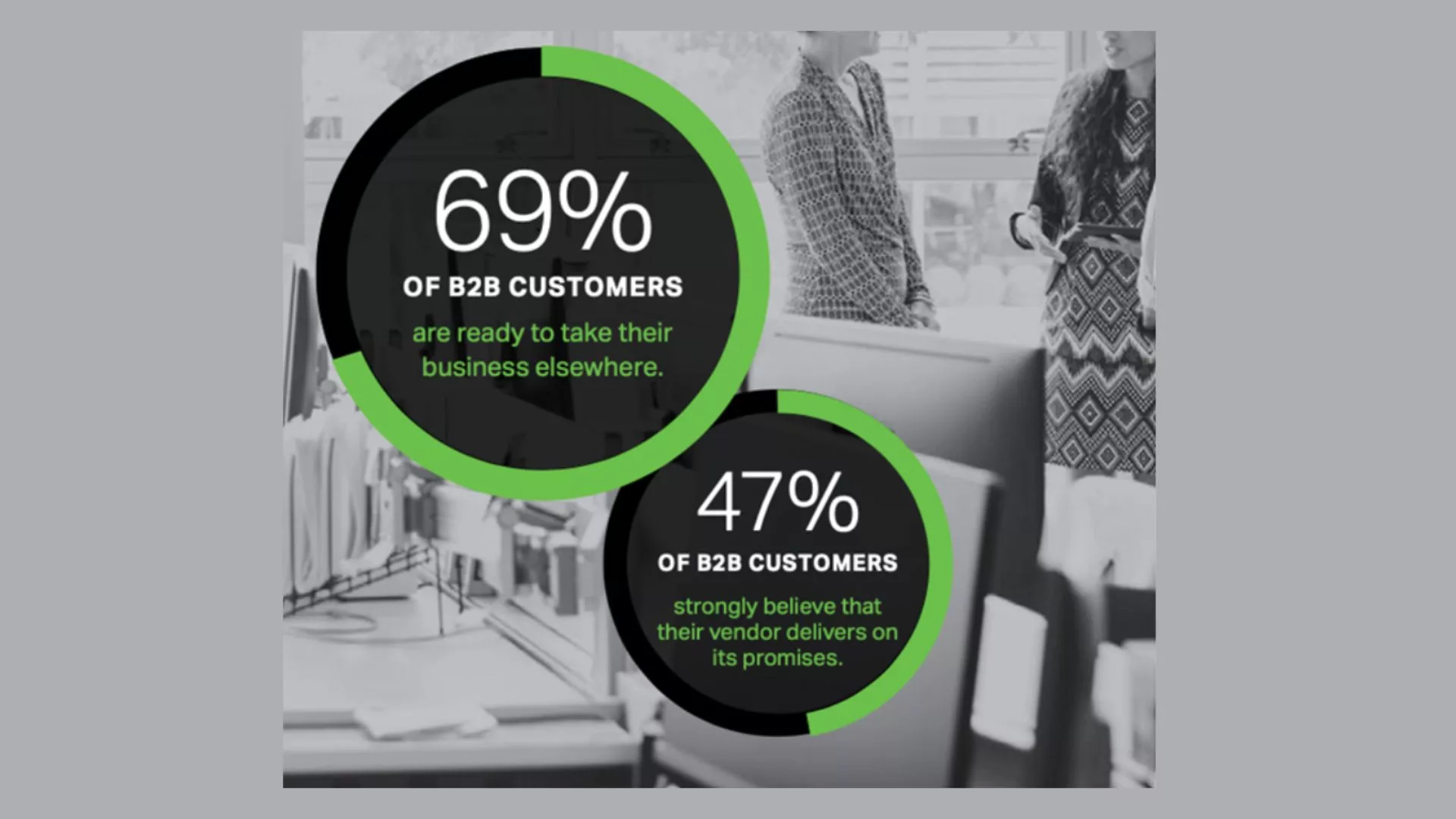Rebate accounting is notoriously time-consuming and complex. Only the best rebate management software can automate key tasks, track deals and automatically calculate rebates in real time.
Choosing the best software will enable you to maximise the effectiveness of your programmes and drive business growth.
B2B organisations across most industries – from construction to pharmaceutical, FMCG to automotive – utilise rebates to incentivise channel sales and cement relationships with partners.
After all, effective rebate programmes are a fantastic way to compete on price and achieve sales targets – whilst still offering a number of additional advantages over price reductions and upfront discounts.
Rebates should be used to incentivise positive buyer behaviours, such as increasing order volumes, switching to higher margin products, and purchasing a wider range of products.
Many B2B Organisations have now implemented rebates for such purposes, but if you’re not using the best rebate management software, it can be almost impossible to know if your rebate programme is motivating buyers in the right way. In fact, a poorly managed rebate programme can do more harm than good.
Recent research from Gallup has revealed that many companies have an inaccurate perception of their customer relationships. In fact, 69% of B2B customers are ready to switch to a competitor and less than half (47%) believe that suppliers deliver on their promises.
(Image source: gallup.com)

When not administered correctly, poorly managed rebate agreements can ultimately lead to a breakdown in relationship between B2B businesses. This can in the end lead to channel partners taking their business elsewhere with a competitor.
An overreliance on spreadsheets to manage complex rebate deals is often a key factor of this occurring. Spreadsheets are notoriously prone to error, and they can be incredibly time-consuming to keep on top of. Data gets lost, omissions occur, and delays are caused when validating customer claims.
As rebates become increasingly creative to drive specific types of customer behaviour, a spreadsheet can quickly become immensely complicated as it is overwhelmed with data. In the end, this can impede creativity, and businesses may find themselves limited to the rebates their spreadsheet software can handle – rather than utilising rebates that motivate buyers, optimise sales performance and achieve desired business objectives.
Rebate management software can help you get the most out of your incentive programmes and stop your B2B rebate programme failing.
Here’s what to ask when evaluating your options to ensure you’re buying the best rebate management software for your business.
Looking for the Best Rebate Management Software? Here’s What to Ask When Comparing Solutions
1. Does It Automatically Track and Calculate Rebates?
The best rebate management software completely eliminates spreadsheet reliance for tracking sales and calculating rebates to be paid to your customers. When comparing software solutions, look for those with automatic calculation engines that process data against your agreements in real time – giving you immediate results you can act upon.
2. Does It Support Multiple Deal Types?
You may want to create volume thresholds to protect margins, tiered incentives to encourage larger purchases, growth rebates to increase order value over time, retention rebates to reward customer loyalty, product mix rebates to encourage purchases across a range of products – and many other types of rebate to drive specific outcomes. The best rebate management software supports all types of rebates, providing you with the flexibility to be creative with your incentive programmes.
3. Does It Automate Workflows?
In order to keep your customers happy and relationships healthy, it is crucial that you never miss an action that would have a business impact. Look for rebate management software with configurable workflow engines. These allow you to create workflows that ensure all agreements are audited, processed and approved by relevant parties consistently and efficiently. The best rebate management software will even send automated alerts to notify individuals when their actions are required – and should also have an escalation process built in to eliminate the risk of actions being missed due to holidays, sickness or oversight.
4. Does It Provide Transparency to All Parties?
Transparency leads to trust – and trust leads to loyalty. A rebate management solution should record rebate deals in a structured and searchable fashion and make all rebate information readily available for both internal teams and customers. A successful rebate programme is one that puts communication at the fore. This means providing access for all. Channel partners should be able to easily calculate their possible rebate earnings, understand the rules of each agreement and track their sales against those agreements as easily as you can.
The most effective rebate software solutions centralise all rebate information in the cloud which anyone with right permissions can access at any time. In this way, opportunities to collaborate on joint business planning initiatives are realised and there can be no disputes when the time comes to pay out customer rebates.
5. Does It Enable Forecasting and Deal Modelling?
The complexities involved with rebates are difficult – if not impossible – to model using basic rebate management solutions such as spreadsheets. Look for a solution that puts your data to work to provide you with real time insights. The best rebate management software comes with enhanced analytics and reporting tools, allowing you to measure agreement performance easily from intuitive, user-friendly dashboards. Top solutions also offer powerful deal modelling features, allowing you to forecast and evaluate the potential impact of future deals before agreeing them commercially. In this way, you are empowered with a future vision that allows your teams to make better commercial decisions that protect margins and improve the bottom line.
Want to learn more about how the best rebate management software on the market can improve your rebate programmes? Take a look at our rebate management case studies

